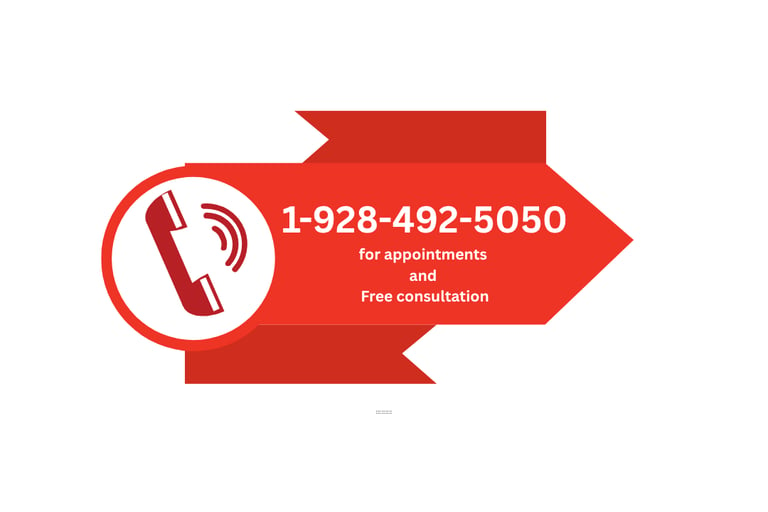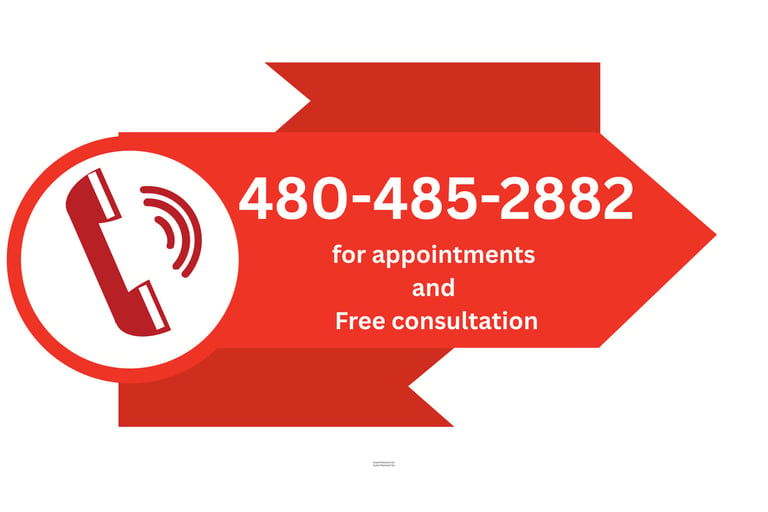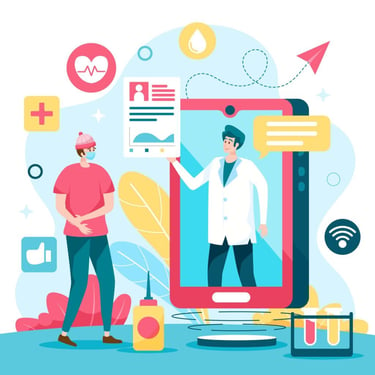MoodClinics, Established 2013
MoodClinics, established in 2013, is dedicated to providing reliable, affordable online psychiatric care through licensed professionals, addressing diverse mental health needs across the USA.
Our services
Psychiatric Diagnosis and Evaluation
Psychiatric diagnosis and evaluation involve a comprehensive assessment of your mental health to identify underlying conditions and develop a personalized treatment plan. This process includes discussing your symptoms, medical history, and lifestyle factors with a licensed professional to ensure accurate diagnoses and tailored care for your mental well-being.
Medication Management
Medication management refers to ongoing support and monitoring by our licensed providers to ensure your psychiatric medications are effective and tailored to your needs. This includes reviewing your symptoms, adjusting dosages, addressing side effects, and ensuring your treatment plan aligns with your overall mental health goals.
Psychotherapy and counseling involve providing brief, solution-focused counseling to address immediate concerns and support your mental health.
For more in-depth therapy, we collaborate with trusted therapists to ensure you receive comprehensive, specialized care tailored to your needs.
Psychotherapy - Counseling






Our services
Psychiatric Diagnosis and Evaluation
Psychiatric diagnosis and evaluation involve a comprehensive assessment of your mental health to identify underlying conditions and develop a personalized treatment plan. This process includes discussing your symptoms, medical history, and lifestyle factors with a licensed professional to ensure accurate diagnoses and tailored care for your mental well-being.
Medication Management
Medication management refers to ongoing support and monitoring by our licensed providers to ensure your psychiatric medications are effective and tailored to your needs. This includes reviewing your symptoms, adjusting dosages, addressing side effects, and ensuring your treatment plan aligns with your overall mental health goals.
Psychotherapy and counseling involve providing brief, solution-focused counseling to address immediate concerns and support your mental health.
For more in-depth therapy, we collaborate with trusted therapists to ensure you receive comprehensive, specialized care tailored to your needs.
Psychotherapy - Counseling




MoodClinics, Established 2013
MoodClinics, established in 2013, is dedicated to providing reliable, affordable online psychiatric care through licensed professionals, addressing diverse mental health needs across the USA.
Common Symptoms We Treat
1. Persistent Sadness or Depression
Extended periods of feeling down, hopeless, or unmotivated.
2. Chronic Anxiety or Worry
Overwhelming feelings of fear or apprehension affecting daily life.
3. Sleep Problems
Insomnia, difficulty staying asleep, or oversleeping.
4. Irritability or Anger
Frequent mood swings, short temper, or feeling constantly on edge.
5. Difficulty Concentrating
Problems focusing, remembering, or making decisions, often impacting work or relationships.
6. Loss of Interest in Activities
Withdrawal from hobbies, social life, or previously enjoyable pursuits.
7. Physical Symptoms Without Medical Cause
Persistent fatigue, headaches, or other unexplained physical ailments.
8. Social Withdrawal
Avoiding social interactions due to discomfort, isolation, or lack of energy.
9. Uncontrollable Thoughts or Behaviors
Intrusive thoughts, compulsive actions, or obsessive tendencies.
10. Substance Use Concerns
Reliance on alcohol or drugs as a coping mechanism.
11. Hallucinations
Seeing, hearing, or sensing things that aren’t there, such as voices or visions.
12. Delusions
Strongly held false beliefs, like paranoia or grandiosity, that don’t align with reality.
13. Disorganized Thinking or Speech
Difficulty staying on topic, forming coherent thoughts, or expressing oneself clearly.
14. Feelings of Detachment from Reality
Experiencing a sense of being disconnected from oneself or the world.
15. Manic Episodes
Periods of extreme energy, racing thoughts, impulsive behavior, or feeling invincible.
16. Depressive Episodes
Severe lows following manic highs, often accompanied by hopelessness and fatigue.
17. Mood Instability
Rapid shifts between emotional extremes, impacting relationships and functioning.
18. Flashbacks or Intrusive Memories
Reliving traumatic events through vivid recollections or nightmares.
19. Hypervigilance
Constantly feeling on edge, easily startled, or overly alert to potential danger.
20. Emotional Numbing
Difficulty connecting emotionally, feeling detached, or avoiding reminders of trauma.
These symptoms span a wide range of mental health conditions, including depression, anxiety, psychosis, bipolar disorder, and trauma-related disorders. Recognizing them is the first step toward seeking support and improving overall well-being.


Common Symptoms We Treat
1. Persistent Sadness or Depression
Extended periods of feeling down, hopeless, or unmotivated.
2. Chronic Anxiety or Worry
Overwhelming feelings of fear or apprehension affecting daily life.
3. Sleep Problems
Insomnia, difficulty staying asleep, or oversleeping.
4. Irritability or Anger
Frequent mood swings, short temper, or feeling constantly on edge.
5. Difficulty Concentrating
Problems focusing, remembering, or making decisions, often impacting work or relationships.
6. Loss of Interest in Activities
Withdrawal from hobbies, social life, or previously enjoyable pursuits.
7. Physical Symptoms Without Medical Cause
Persistent fatigue, headaches, or other unexplained physical ailments.
8. Social Withdrawal
Avoiding social interactions due to discomfort, isolation, or lack of energy.
9. Uncontrollable Thoughts or Behaviors
Intrusive thoughts, compulsive actions, or obsessive tendencies.
10. Substance Use Concerns
Reliance on alcohol or drugs as a coping mechanism.
11. Hallucinations
Seeing, hearing, or sensing things that aren’t there, such as voices or visions.
12. Delusions
Strongly held false beliefs, like paranoia or grandiosity, that don’t align with reality.
13. Disorganized Thinking or Speech
Difficulty staying on topic, forming coherent thoughts, or expressing oneself clearly.
14. Feelings of Detachment from Reality
Experiencing a sense of being disconnected from oneself or the world.
15. Manic Episodes
Periods of extreme energy, racing thoughts, impulsive behavior, or feeling invincible.
16. Depressive Episodes
Severe lows following manic highs, often accompanied by hopelessness and fatigue.
17. Mood Instability
Rapid shifts between emotional extremes, impacting relationships and functioning.
18. Flashbacks or Intrusive Memories
Reliving traumatic events through vivid recollections or nightmares.
19. Hypervigilance
Constantly feeling on edge, easily startled, or overly alert to potential danger.
20. Emotional Numbing
Difficulty connecting emotionally, feeling detached, or avoiding reminders of trauma.
These symptoms span a wide range of mental health conditions, including depression, anxiety, psychosis, bipolar disorder, and trauma-related disorders. Recognizing them is the first step toward seeking support and improving overall well-being.

